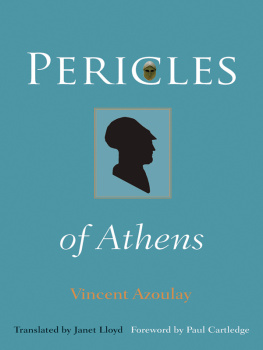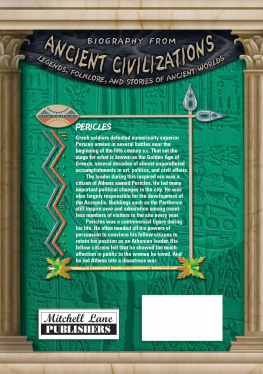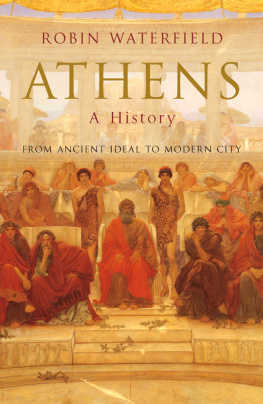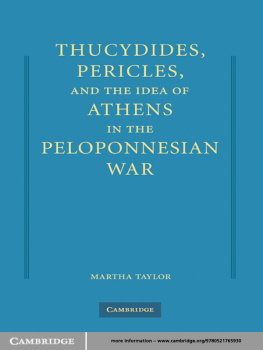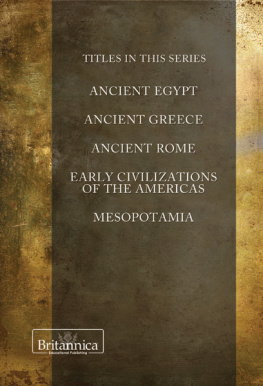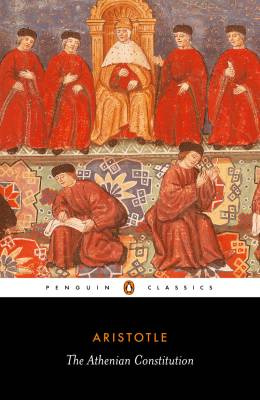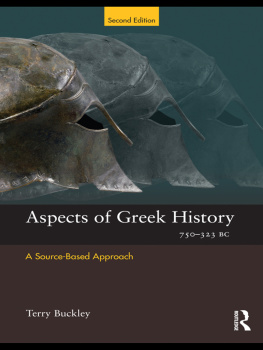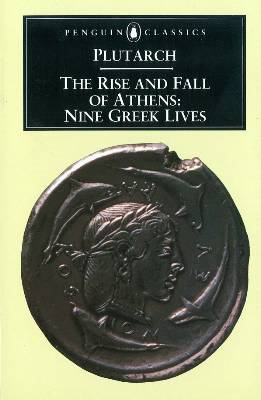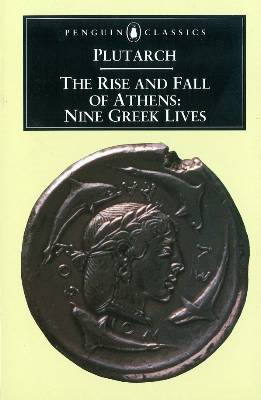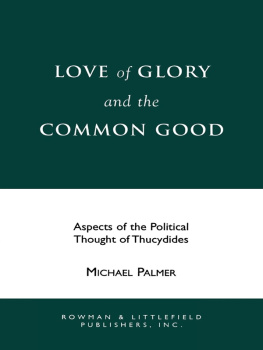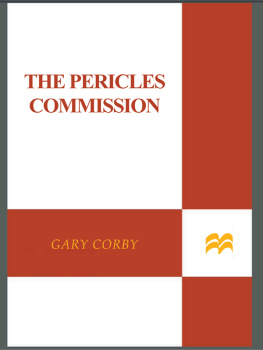
P ERICLES OF A THENS
P ERICLES
OF ATHENS
Vincent Azoulay
TRANSLATED BY JANET LLOYD
FOREWORD BY PAUL CARTLEDGE
Princeton University Press
Princeton and Oxford
With the support of the CNL

www.centrenationaldulivre.fr
Originally published in France as Pricls: La dmocratie athnienne lpreuve du grand homme Armand Colin, 2010
Copyright 2014 by Princeton University Press
Requests for permission to reproduce material from this work should be sent to Permissions, Princeton University Press Published by Princeton University Press, 41 William Street, Princeton, New Jersey 08540
In the United Kingdom: Princeton University Press, 6 Oxford Street,
Woodstock, Oxfordshire OX20 1TW
press.princeton.edu
Jacket image: Bronze helmet of Corinthian type, 1873.0910.1. Trustees of the British Museum.
All Rights Reserved
L IBRARY OF C ONGRESS C ATALOGING-IN-PUBLICATION D ATA
Azoulay, Vincent.
[Pricls. English]
Pericles of Athens / Vincent Azoulay ; translated by Janet Lloyd ; foreword by Paul Cartledge.
pages cm
Includes bibliographical references and index.
ISBN 978-0-691-15459-6 (hardcover : alk. paper) 1. Pericles, approximately 495 B.C.429 B.C.
2. StatesmenGreeceAthensBiography. 3. Athens (Greece)Politics and government. I. Title. DF228.P4A9613 2014 938.505092dc23
[B]
2013026887
British Library Cataloging-in-Publication Data is available
This book has been composed in Garamond Premier Pro
Printed on acid-free paper. 
Printed in the United States of America
1 3 5 7 9 10 8 6 4 2
T O M Y P ARENTS

F OR P AULINE S CHMITT P ANTEL
FIGURES
FOREWORD
Introducing Azoulays Pericles
Paul Cartledge
T here is no shortage of would-be biographies of Pericles, son of Xanthippus of the deme Cholargos (to give him his full, ancient Athenian democratic-citizen nomenclature). But to be frank, not many of them are much goodand that includes the best surviving ancient one, compiled by Plutarch of Chaeronea in about A.D. 100. One hint that Plutarch was not perhaps on the very top of his form here is that the ancient Roman with whom he saw fit to compare or rather contrast the Athenian Greek was Quintus Fabius Maximus Verrucosus, later nicknamed Cunctator (the Delayer), the man tasked with rescuing Republican Romes fortunes after the disastrous defeat inflicted by Hannibal at Cannae in 216 B.C. The careers of Pericles and Fabius simply did not have enough points of significant similarity to make the comparison at all helpful or even interesting.
On the other hand, the fact that pastmaster Plutarch could do no better suggests that writing a good biography of Pericles would have been a pretty hopeless goal for any ancient author. And since Plutarch did at least have at his disposal a large amount of primary written source material not available to or used by any later author, the lot of the modern would-be biographer is even more desperate. Yet this has not deterred a seemingly endless succession of attempts at, if not strictly a Life of Pericles, then at any rate a Life and Times. This latter at least is understandable. The times Pericles lived infrom about 493 to 429 B.C.and indeed helped to make and shape were deeply interesting, and the family and the city of his birth lay at their very epicenter.
Pericles belonged to the same aristocratic family, the Alcmeonids of Athens, from which had issued the man creditedby Herodotus, the father of Western historiographywith introducing Greeces first democracy, in 508/7 B.C. He lived through the Greco-Persian Wars of 490 (Marathon) and 480479 (Salamis and Plataea). He sponsored, at the tender age of twenty or so, the earliest surviving tragic drama by Athenss and Greeces first master of that evergreen theatrical genre: the Persians of Aeschylus first staged in the Theater of Dionysus at the foot of the Athenian Acropolis in early 472. He was intimately connected with the building program on top of the Acropolis that witnessed the construction preeminently of the Parthenon (447432). He hobnobbed with leading intellectuals of the day, both Athenian and foreign. His private lifeliving with a foreign Greek woman to whom he could not legally be married, thanks to a law that he had himself sponsored in 451was a scandal that writers of comic drama considered a gift. Above all, so far as posterity is concerned, Pericles made such a hugeand hugely favorableimpression on Herodotuss principal successor as a writer of big Greek history, Thucydides of Athens (ca. 455400?), that Thucydides came near to calling him the uncrowned monarch of Athens, and to writing his history of the Atheno-Peloponnesian War (431404) in terms of the Athenians adherence to or failure to adhere to the policies and strategies advocated, so persuasively, by Periclesas Thucydides understood and presented them.
It was thus Thucydides who posed Plutarch the biographer with his greatest problem, and Thucydides too who ultimately set up the problematic with which Dr. Azoulay grapples in this intriguing, innovative, and justly prizewinning book.
Let us therefore start this very brief introduction with that notion of Pericles as secular hero, the ancient Greek answer to Voltaires Louis XIV: was there, really, a sicle de Pricls? One of the many surprises that Dr. Azoulay can spring is to show how recent that notion isno more ancient, that is, than the era of Voltaire himself. The phrase itself goes no further back than the future Frederick the Greats Anti-Machiavel of 1739, published (anonymously) in Amsterdam in 1740 and vigorously distributed by Voltaire himself. But, as Dr. Azoulay ably shows, it is not until very much more recently that it has gained wide currency and been given, supposedly, material content. Not the least of the many valuable historiographical services our author performs is to show how shaky are the foundations of such an intellectual-ideological edifice.
Indeed, the prime virtue of this outstanding book is that it is resolutely historiographical and problematizing. So far from attempting merely to set out how it actually was in Pericles life and lifetime, Dr. Azoulay frames
The final chapters are the most explicitly historiographical in content and flavor: As the author states at the start of (eighteenth to twenty-first centuries). For Machiavelli and Bodin, Pericles was the very incarnation of democratic instability, for Montaigne a model of trumpery rhetoric, and indeed until after the French Revolution Pericles was deemed and doomed to remain firmly in the historiographical-ideological shadows. No gloriously conquering Alexander, no bravely fighting Cimon, no sagely legislating Solon he. And yet, as noted earlier, it was in the 1730s that the Age of Pericles tag first saw the light or, as Dr. Azoulay puts it, that the Periclean myth was born.
A central chapter () addresses explicitly the problematic of the great man or event-making hero. It would be wrong for me to spoil the party by revealing Dr. Azoulays own take on that, although I can safely disclose that his Pericles is not that of Evelyn Abbott, author in the Heroes of the Nations series of Pericles and the Golden Age of Athens (New York/London: G. P. Putnams Sons, 1891), nor indeed that of Thucydides. I can also add that here, as indeed throughout this book, he writes with great clarity, and with an impressive depth of interpretative sophistication, both qualities that have been expertly captured in this excellent translation by the doyenne of nontraducers, Janet Lloyd.
Next page
